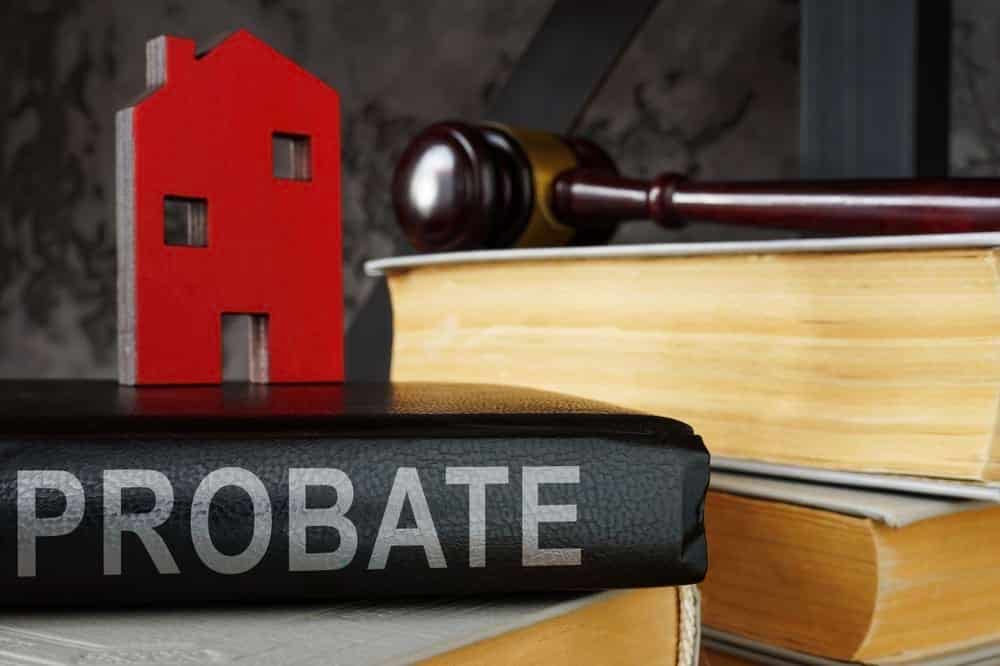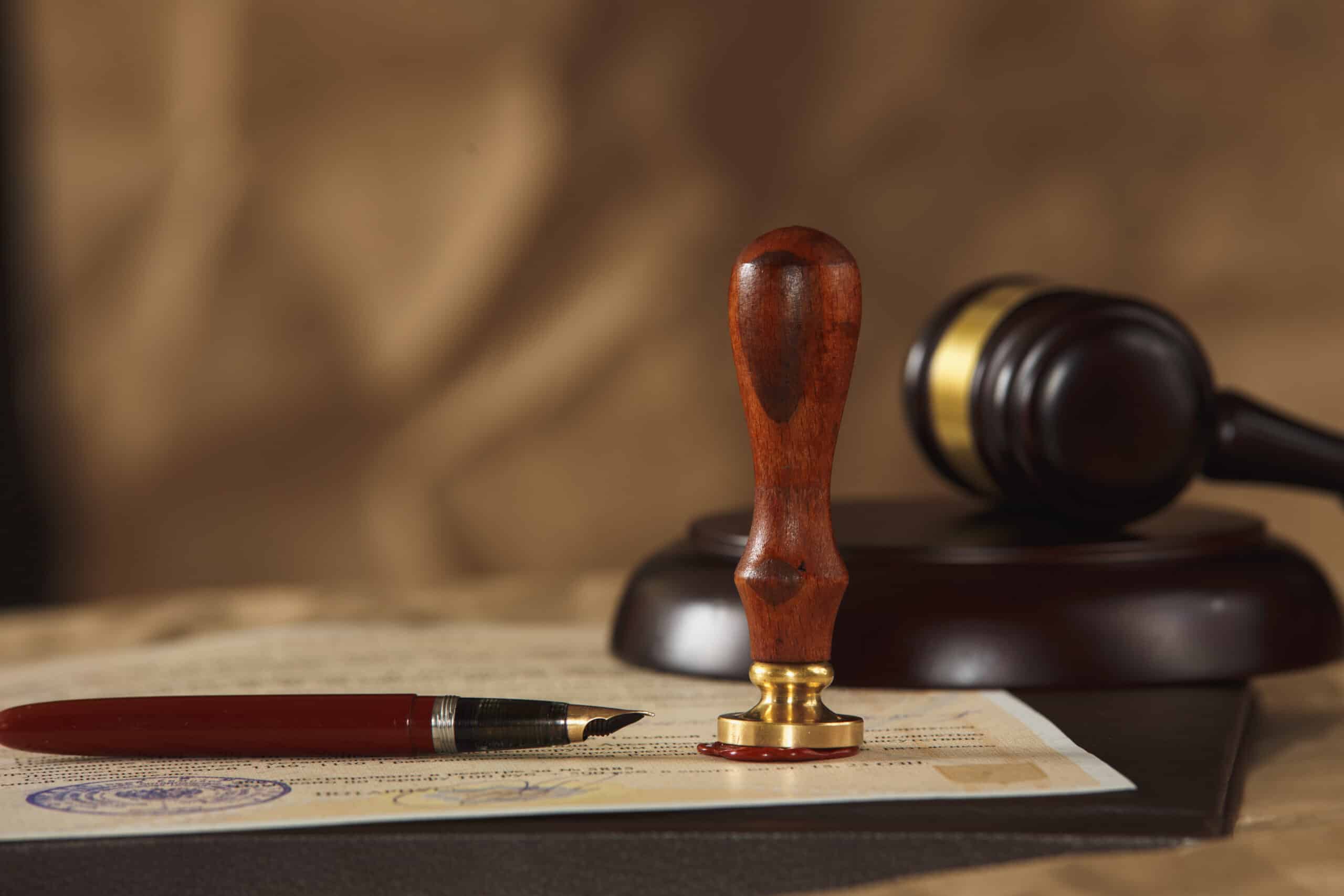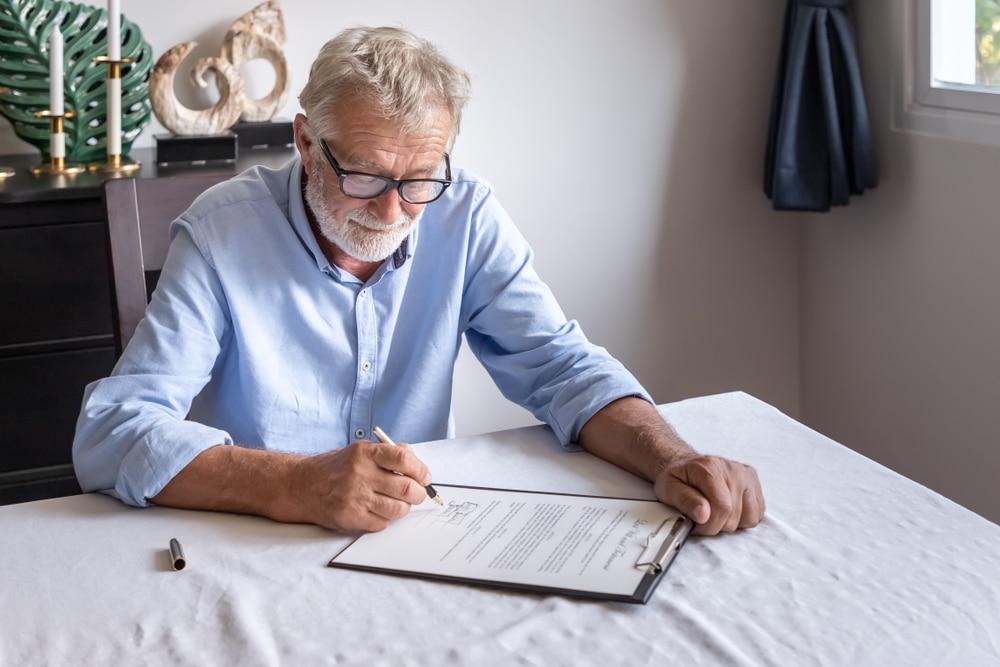Selling property is challenging at the best of times.
Selling during probate can be even more difficult.
It involves a separate process (probate) and managing grief.
This overview will help get you up to speed.
Probate
Probate refers to a deceased person’s estate organisation after they have passed away.
In other words, distributing their assets (property and other possessions) according to their will.
The executor(s) of the deceased person will apply for the grant of probate to take charge of this process.
What is probate property?

Probate property is property that belonged to someone who has recently passed away and has not yet formally passed on to new ownership.
In other words, it refers to the deceased’s property during the probate process.
During this time, it must be valued so that it can be distributed and taxed correctly.
Once probate is complete (this usually takes 6 – 12 months), it is no longer probate property.
What can people do with probate property?
During the probate process, nothing can be done to probate property.
Nothing can be altered or removed from the property. And people can only live in the property if the executor consents to it.
Once probate is complete, the person who inherits the property can do what they want with it – sell it, live in it, rent it out, etc.
How easy is it to submit a grant of probate?
Before applying for a probate grant, you must ensure that probate is necessary.
The UK government website has a probate application form (also known as a PA1P form).
You can print this document and send it by post to the address listed on it or complete your application online.
After that, you can track the progress of your probate.
What details will I need to complete the probate process?
To complete the probate process, you will need a few essential documents. These include:
- A will
- Birth certificate
- Death certificate
- Any codicils to the will (a legal document outlining any changes the deceased may have made)
- Marriage or civil partnership certificate.
If you are reading this while a loved one is unwell but has not yet passed, consult them to ensure all these documents are in advance.
You may also want to find any other paperwork relating to the property or other assets, just in case they become relevant.
Can I complete probate without a solicitor?
Yes, it is possible to complete probate without a solicitor’s help. If you opt for this route, you must follow a few key steps.
Apply for probate
When the death is registered, you can apply for probate. This will cost you £300 if the estate’s value exceeds £5,000.
Complete the inheritance tax form
Your next step should be to complete an inheritance tax form. This is mandatory, regardless of the estate’s value.
As part of this step, you must calculate the estimated estate value.
Contact relevant organisations
After this, you should notify relevant organisations about the deceased’s status. Some important places to get in touch with include:
- Banks
- Mortgage providers
- Building societies
- Government bodies
- Utility companies.
Check life insurance policies
You should also check whether you can claim any life insurance policies.
Next, you should pay off any debts or inheritance tax owed. (If you are the executor/administrator of the estate.)
Decide property plans
The next step is to decide what to do with inherited property.
This can be one of the most challenging things to deal with.
You may need to consult family members or friends with a financial interest in the property.
Ensuring a satisfying resolution for everyone can be complex.
Time varies
Remember that the time it takes you to complete the above steps will vary based on:
- The size and complexity of the estate
- Whether there is an inherited property
- Whether the will is disputed.
A probate grant of probate typically takes four to eight weeks to arrive. So, this time must also be factored into your plans.


















